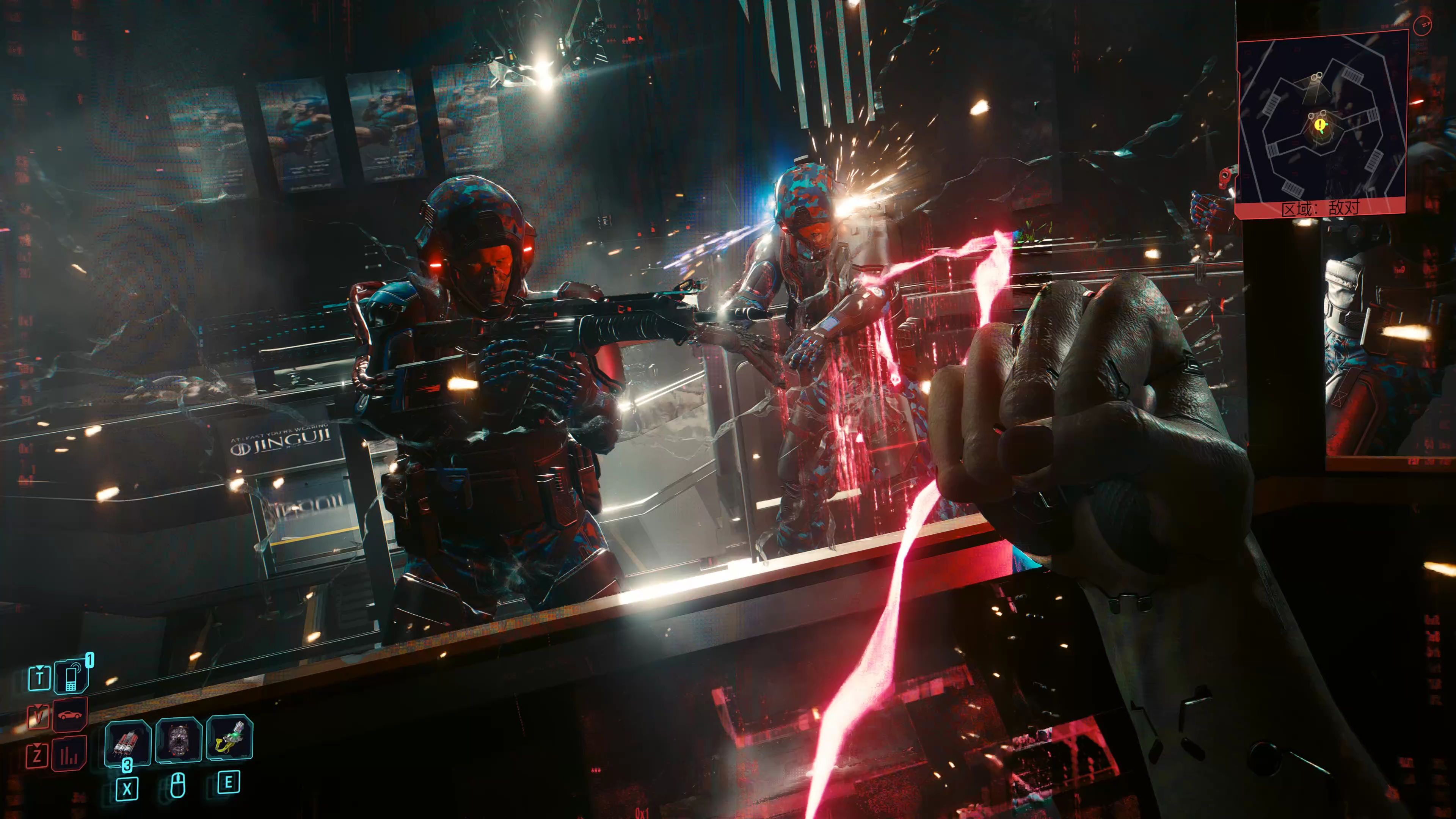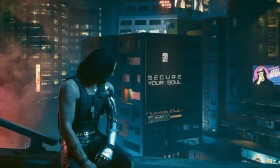Of all the horror franchises to receive the video game adaptation treatment, few seem as inherently, perfectly suited to the medium as Sam Raimi’s Evil Dead. The series’ blend of visceral horror, slapstick comedy, and kinetic, over-the-top action feels like a natural extension of the interactive experience. For decades, fans have been treated to a variety of games, from the side-scrolling beat ‘em ups of the 8-bit era to the more recent, excellent Evil Dead: The Game from Saber Interactive and Boss Team Games. While the latter’s recent sunsetting of support has been a point of contention, evaluating its success cannot be divorced from its single greatest achievement: an almost archaeological level of franchise faithfulness. This dedication is not merely skin-deep; it is woven into the very fabric of the game’s design, mechanics, and atmosphere, creating a love letter that is as authentic as it is gruesomely entertaining.
The most immediate and undeniable evidence of this faithfulness is the staggering attention to audiovisual detail. From the moment the iconic logo appears, accompanied by Joseph LoDuca’s classic, re-recorded themes, the player is immersed in a world that feels ripped directly from the films. The developers were granted unprecedented access to the original film assets, and it shows. The character models are not just approximations; they are meticulously crafted digital doubles. Ash Williams, portrayed through the voice and likeness of the irreplaceable Bruce Campbell, moves, smirks, and screams with an uncanny accuracy. The subtle wear on his S-Mart uniform, the gleam of the Delta’s chrome, and the grotesque, pulsating visage of a Deadite are all rendered with a reverence that borders on obsession.
This extends to the environments. The Knowby cabin is not just a set piece; it is a interactive museum. Every bloodstain on the floor, every book on the shelf, the infamous cellar door, the mounted deer head—all are placed with a precision that will thrill any fan. Exploring the cabin in the first-person “Knowby Cabin” single-player mission is a chilling and immersive experience, a direct fulfillment of the fantasy of stepping into that cursed location. The maps from the films and the STARZ series, like the Castle Kandar from Army of Darkness or the Elk Grove neighborhood from Ash vs. Evil Dead, are expanded into fully explorable spaces that feel both familiar and new, rewarding eagle-eyed fans with deep-cut references at every turn.
However, true faithfulness transcends mere aesthetics. Where Evil Dead: The Game truly excels is in its ingenious translation of the franchise’s core themes and mechanics into compelling gameplay loops. The asymmetric 4v1 format, popularized by games like Dead by Daylight, is perfectly tailored to the Evil Dead mythos. It understands that the appeal is not just in being Ash, but in experiencing the chaotic energy from both sides of the fight.
Playing as a Survivor captures the desperate, collaborative struggle of the films. It’s a game of resource management, tension, and sudden, explosive violence. The fear system, where a player’s fear level rises when alone in the dark, attracting Deadites, is a masterstroke. It mechanically enforces the films’ primary rule: never go alone. The visceral combat, with its impactful melee, crunchy gunplay, and gloriously gory dismemberment system, makes every encounter feel like a scene from the movies. The need to scavenge for Shemp’s Cola and Amulets reinforces the scrappy, survivalist tone. Most importantly, the game empowers you to be a hero. Driving the Delta Oldsmobile through a horde of Deadites or landing a perfect shotgun blast feels incredibly empowering, perfectly mirroring Ash’s own journey from frightened S-Mart employee to chainsaw-wielding “Chosen One.”
Conversely, playing as the Demon is a power trip that embodies the mischievous, cruel spirit of the Deadites and the Kandarian Demon itself. This is not a role of a slow, stalking monster but of an omnipresent director of chaos, much like Sam Raimi himself orchestrating mayhem through his camera. The Demon player sets traps, possesses trees and cars to startle survivors, and even takes direct control of Deadite units and elite bosses like Evil Ash or Henrietta. The ability to speak in demonic tongues through the bodies of the possessed, to demoralize and terrify the human players, is a brilliantly interactive feature. It turns the Demon player into a true puppet master, creating unique, emergent stories of horror and comedy with each match. This duality of experience—the ground-level survival and the god-like possession—captures the essence of the franchise’s tone better than any linear story game could.
The commitment to the lore is further cemented by the wealth of content directly from the source material. The inclusion of characters from across the entire franchise spectrum—from the original film’s Scotty and Cheryl to Ash vs. Evil Dead’s Pablo and Kelly—along with their original actors, shows a deep respect for every era. The missions that recreate key moments from the films are challenging, yes, but their value lies in their authenticity. Driving the Delta through the woods to outrun the Evil Force or battling the Pit Witch in a recreation of the final fight from Army of Darkness are playable pieces of franchise history.
Of course, this intense focus on faithfulness could also be a constraint. The game’s mechanical depth sometimes struggled against balance issues and a metagame that could grow repetitive for some. The cancellation of planned content, including a new map from Evil Dead II, was a bitter pill for the dedicated community, highlighting the commercial realities that even the most passionate projects face.

Yet, to judge Evil Dead: The Game solely on its post-launch support or its competitive longevity is to miss its profound achievement. It stands as one of the most authentic licensed games ever created. It is a game built not by a committee seeking a broad market, but by developers who are clearly ardent fans. Every splatter of blood, every quip from Ash, every eerie sound in the woods is crafted with a palpable love for the source material. It is a virtual theme park dedicated to the world of Evil Dead, a game that allows players to not just watch the chaos, but to live it, breathe it, and ultimately, chainsaw it right in the face. For that, it earns a perfect score in franchise faithfulness, a glorious, groovy testament to the enduring power of the Deadites.














